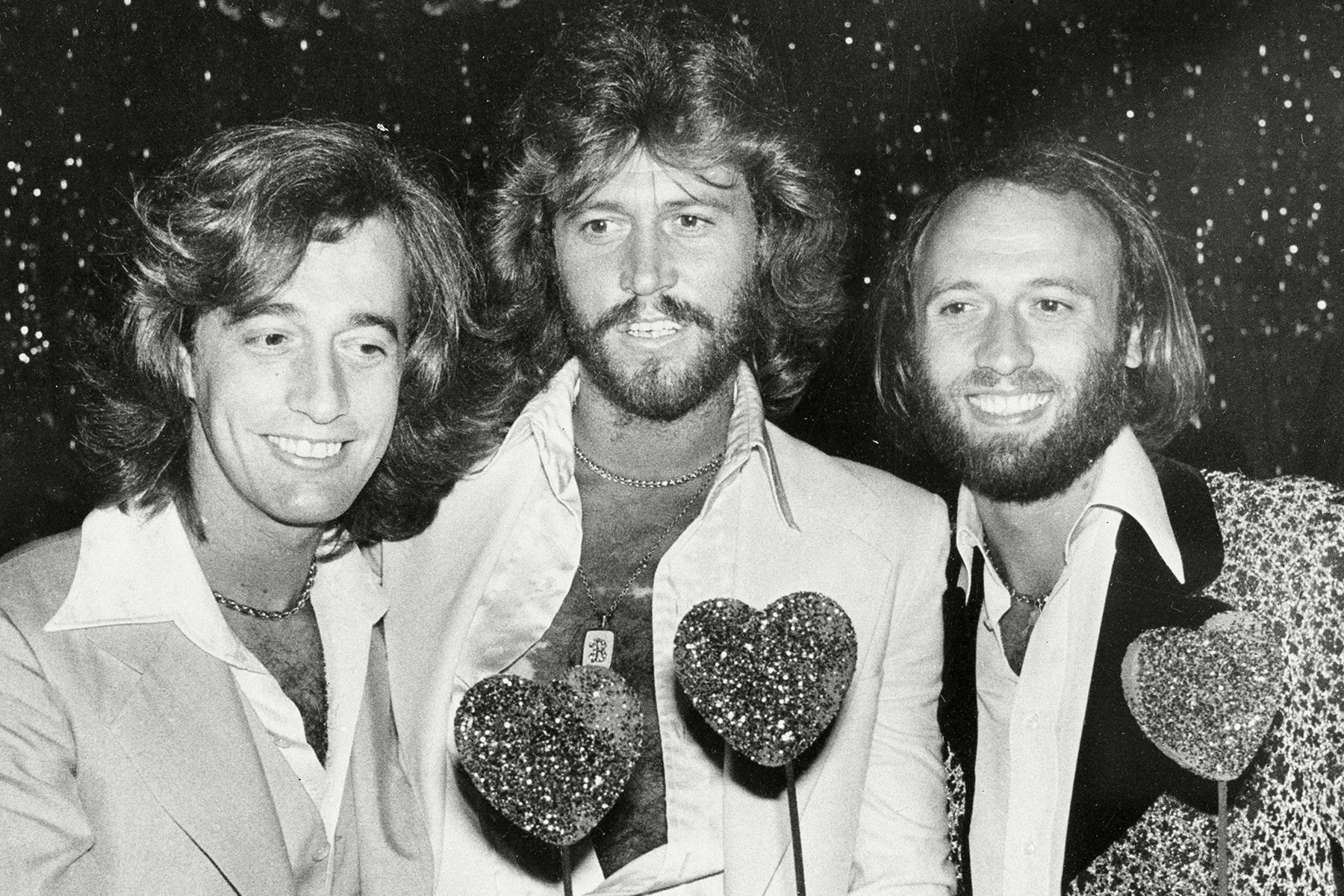
“The Chance of Love” is an emotive ballad by the Bee Gees, released in 1971 as part of their album Trafalgar. Written by Barry and Robin Gibb, the song features Robin Gibb on lead vocals, with the brothers’ signature harmonies adding a layer of poignant depth. Running at 2:29, the track is characterized by a gentle acoustic guitar arrangement, soft orchestral elements, and a delicate melody, creating a tender and introspective atmosphere. The lyrics explore themes of longing, missed opportunities, and the fleeting nature of love, with the narrator reflecting on a love that could have been. Though not released as a single, “The Chance of Love” stands out as a heartfelt gem from the Trafalgar album, showcasing the Bee Gees’ early 1970s focus on emotional storytelling.
---> Scroll down for the VIDEO
Reason for the Song’s Creation
In 1971, the Bee Gees were navigating a challenging period in their career. After their rapid rise to fame in the late 1960s with hits like “Massachusetts” and “To Love Somebody,” the band faced significant turmoil, including a temporary split in 1969 due to tensions between Barry and Robin Gibb. By the time they recorded Trafalgar at IBC Studios in London, the brothers—Barry, Robin, and Maurice Gibb—had reunited and were focused on rebuilding their creative partnership. The Trafalgar album, named after the historic Battle of Trafalgar, reflected a shift toward a more introspective and emotionally driven sound, as the Bee Gees sought to move beyond their earlier baroque pop style and reconnect with their audience.
“The Chance of Love” was written by Barry and Robin Gibb, likely drawing from their personal experiences during this turbulent period. The song’s themes of missed opportunities and unspoken love may reflect the brothers’ reflections on their strained relationship or personal romantic experiences. The early 1970s were a time of emotional reconciliation for the Gibbs, as they worked to mend their bond after the near-dissolution of the band. Robin’s lead vocal, with its distinctive, plaintive tone, suggests a personal connection to the song’s narrative, while Barry’s harmonies add a sense of shared emotional weight, making the track a poignant expression of their collective journey.
---> Scroll down for the VIDEO
The song’s creation was also shaped by the Bee Gees’ collaboration with producer Robert Stigwood and arranger Bill Shepherd, who helped craft the Trafalgar album’s understated, acoustic-driven sound. Unlike the orchestral grandeur of albums like Odessa, Trafalgar leaned toward simplicity, with songs like “The Chance of Love” emphasizing raw emotion over elaborate production. The decision to include the song on the album, alongside tracks like “How Can You Mend a Broken Heart,” reflects the Bee Gees’ intent to explore universal themes of love and loss, connecting with listeners through heartfelt storytelling. While not chosen as a single, the song’s inclusion on Trafalgar underscores its significance as a reflection of the band’s emotional state during a pivotal moment.
Content Conveyed Through the Song
“The Chance of Love” is a tender exploration of longing, missed opportunities, and the bittersweet ache of unfulfilled love. The lyrics, penned by Barry and Robin Gibb, center on a narrator who reflects on a love that slipped away, haunted by the possibility of what could have been. The song opens with a wistful tone, with lines like “I had the chance of love / But I let it pass me by,” immediately establishing the narrator’s regret over failing to seize a fleeting romantic opportunity. The phrase “chance of love” serves as a central motif, encapsulating the fragile, transient nature of love and the pain of realizing its loss too late.
The narrative delves into the emotional weight of regret, as the narrator grapples with memories of a love that was never fully realized. Lyrics like “I see your face in every star / I hear your voice where you are” evoke a sense of lingering presence, as the beloved remains a constant in the narrator’s thoughts despite their absence. This imagery creates a haunting atmosphere, suggesting that the missed opportunity continues to shape the narrator’s emotional landscape. The chorus, with its repeated lament, “The chance of love is gone / And I’m alone,” underscores the depth of the narrator’s sorrow, delivered with Robin Gibb’s emotive vocals that convey both vulnerability and yearning.
Musically, “The Chance of Love” is a delicate ballad that balances simplicity with emotional resonance. The track begins with a soft acoustic guitar riff, likely played by Barry or Maurice Gibb, setting a gentle, introspective mood. Subtle orchestral elements, including strings and minimal percussion, enhance the song’s melancholic atmosphere, while the production, handled by Robert Stigwood and the Bee Gees, remains understated to keep the focus on the vocals and lyrics.
The arrangement is restrained, with the chorus swelling slightly to emphasize the narrator’s emotional plea, but it retains an intimate quality that mirrors the song’s personal tone. The interplay of Robin’s lead vocals and the brothers’ harmonies creates a rich, layered sound, with Barry and Maurice’s backing adding warmth and depth to the emotional narrative.
The lyrics also explore the theme of self-reflection, as the narrator questions their own actions and the choices that led to the loss of love. Lines like “I could have held you close / But I turned away” reveal a sense of self-blame, as the narrator acknowledges their role in letting the opportunity slip. This introspection adds complexity to the song, suggesting that the pain of loss is compounded by the narrator’s awareness of their own mistakes. Yet, there is a quiet hope woven into the lyrics, as the narrator holds onto the memory of the love that could have been, as seen in phrases like “I’ll keep your love inside / Forever in my heart.” This enduring devotion suggests that, while the chance of love is gone, its impact remains.
Thematically, “The Chance of Love” captures the universal experience of reflecting on missed opportunities in love and life. The song’s focus on regret and longing resonates with listeners who have experienced the pain of